In today’s fast-paced logistics and manufacturing industries, warehouse managers are under constant pressure to boost productivity while cutting operational costs. Forklifts play a vital role in keeping material handling smooth and continuous. And the choice of forklift battery as power source can make a huge difference.
Traditional lead-acid forklift batteries have served the industry for decades, but as demand for longer shifts and automation grows, they are becoming less efficient. That’s where lithium forklift batteries come in. Their advanced technology delivers faster charging, higher energy efficiency, and lower maintenance, all of which directly improve warehouse performance.
1. Faster Charging, Less Downtime
One of the biggest advantages of a lithium forklift battery is how quickly it can be charged.
Traditional lead-acid batteries often take about eight hours to charge and then need another eight hours to cool down before they can be used again. This long process can easily interrupt warehouse operations and limit how many hours a forklift can work each day.
In contrast, lithium batteries can be fully charged in just one to two hours, making them ideal for busy, round-the-clock environments. They also support what’s called “opportunity charging”, such like short, quick charging sessions during coffee breaks, lunch, or shift changes.
This flexibility means forklifts can be kept running throughout the day without waiting for a full charge or swapping out heavy batteries. As a result, operators spend more time moving goods and less time waiting, which greatly reduces downtime and improves overall warehouse efficiency.
2. Consistent Power Throughout the Shift
With lead-acid batteries, performance usually drops as the battery discharges. The voltage gradually decreases, and forklifts may start to slow down, losing lifting power or acceleration halfway through a shift. This not only affects work efficiency but can also interrupt tasks that require stable, continuous power, such as stacking pallets or moving heavy loads in high racks.
Lithium forklift batteries, on the other hand, deliver steady and consistent voltage from the beginning to the end of each cycle. Even when the battery charge gets low, the power output remains strong and reliable.
This consistency keeps forklifts running smoothly throughout the entire shift, without sudden slowdowns or loss of performance. For warehouses that rely on automated systems or tight logistics schedules, this stable power delivery helps maintain smooth operations, reduce delays, and improve overall productivity.
3. Maintenance-Free Operation
One of the most practical advantages of lithium forklift batteries is that they require almost no maintenance.
Unlike lead-acid batteries, they don’t need regular watering, acid cleaning, or equalization charging to stay in good condition. This means operators no longer have to spend time checking fluid levels, cleaning corrosion, or scheduling maintenance stops during work hours.
By removing these routine tasks, warehouses can save a great deal of labor time and operating costs. At the same time, eliminating exposure to battery acid and fumes also makes the workplace safer and cleaner for employees.
For modern facilities that are moving toward automation or unmanned operations, this low-maintenance design is a huge benefit. It allows forklifts and automated vehicles to operate longer without manual intervention, keeping warehouse workflows smooth and continuous around the clock.
4. Longer Lifespan, Lower Total Cost of Ownership (TCO)
When it comes to durability, lithium forklift batteries clearly stand out. They typically last between 3,000 and 4,000 charge cycles, which is about three to four times longer than a standard lead-acid battery. This extended lifespan means fewer replacements over the years, which is a big advantage for warehouses that rely on large fleets of forklifts operating multiple shifts a day.
In addition to lasting longer, lithium batteries are also more energy-efficient, often achieving an efficiency rate of over 95%. They waste less energy as heat during charging and discharging, which helps reduce electricity consumption. Combined with their maintenance-free design, these factors significantly lower the total cost of ownership (TCO) over time.
While the initial investment for a lithium battery is higher than that of a lead-acid one, the long-term savings quickly make up the difference. Reduced maintenance, fewer battery replacements, and lower energy costs all contribute to a much more economical and sustainable solution for modern warehouse operations.
5. Ideal for Smart and Automated Warehouses
As warehouse operations continue to evolve, more companies are adopting automation technologies such as AGVs (Automated Guided Vehicles) and AMRs (Autonomous Mobile Robots) to improve efficiency and reduce labor dependence. These intelligent machines rely heavily on stable and efficient power sources. And lithium forklift batteries fit perfectly into this new generation of smart logistics systems.
Thanks to built-in Battery Management Systems (BMS), lithium batteries can continuously monitor key performance data such as voltage, temperature, and State of Charge (SOC). This real-time visibility allows warehouse managers to track battery conditions remotely and make informed decisions about charging or replacement schedules.
The smart monitoring also supports predictive maintenance, helping to detect potential issues before they cause downtime. By preventing sudden power failures and optimizing energy usage across all equipment, lithium technology ensures that automated systems run smoothly and reliably.
For facilities embracing Industry 4.0 and intelligent warehouse management, lithium forklift batteries are not just a power source. They are a key part of a connected, data-driven operation that improves efficiency, safety, and overall productivity.
Conclusion
As the logistics industry continues to evolve, upgrading from lead-acid to lithium forklift batteries is no longer just a trend, it’s a strategic move to stay competitive.
With faster charging, consistent performance, zero maintenance, and intelligent energy management, lithium technology empowers warehouses to run smarter, longer, and more efficiently. Discover how our lithium forklift battery solutions can help boost your warehouse productivity.






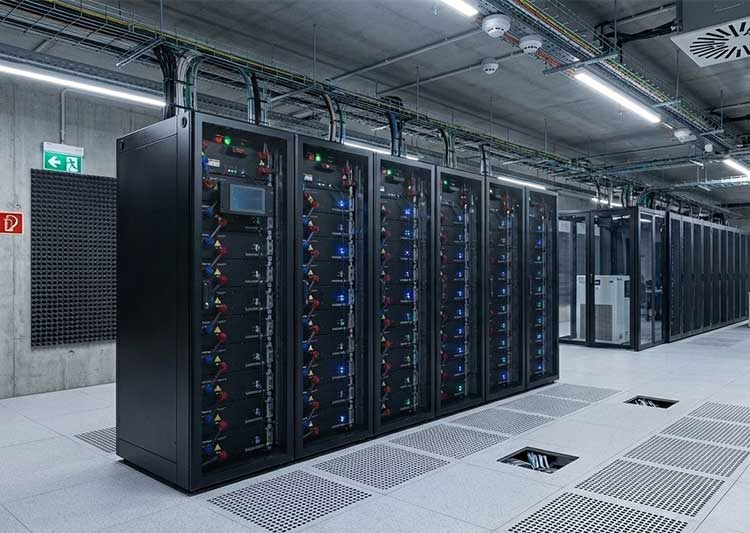
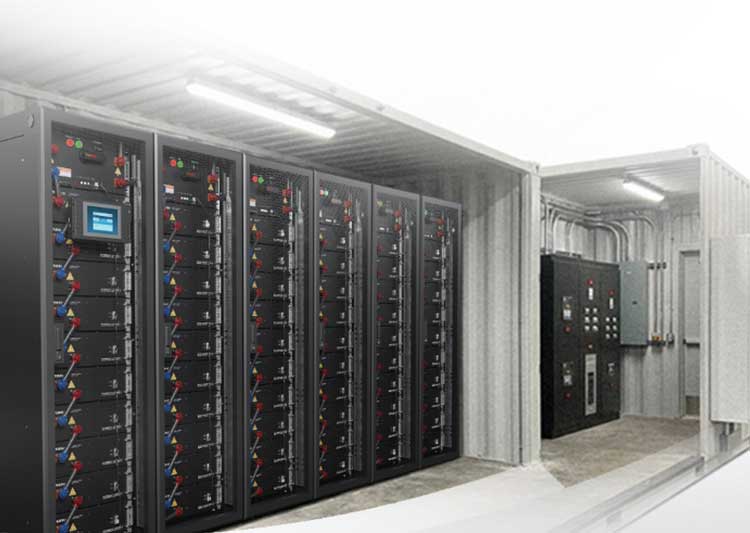




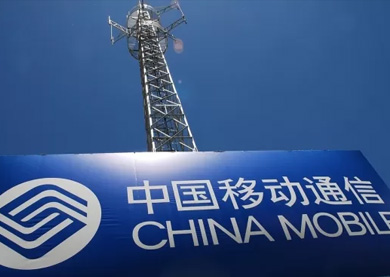





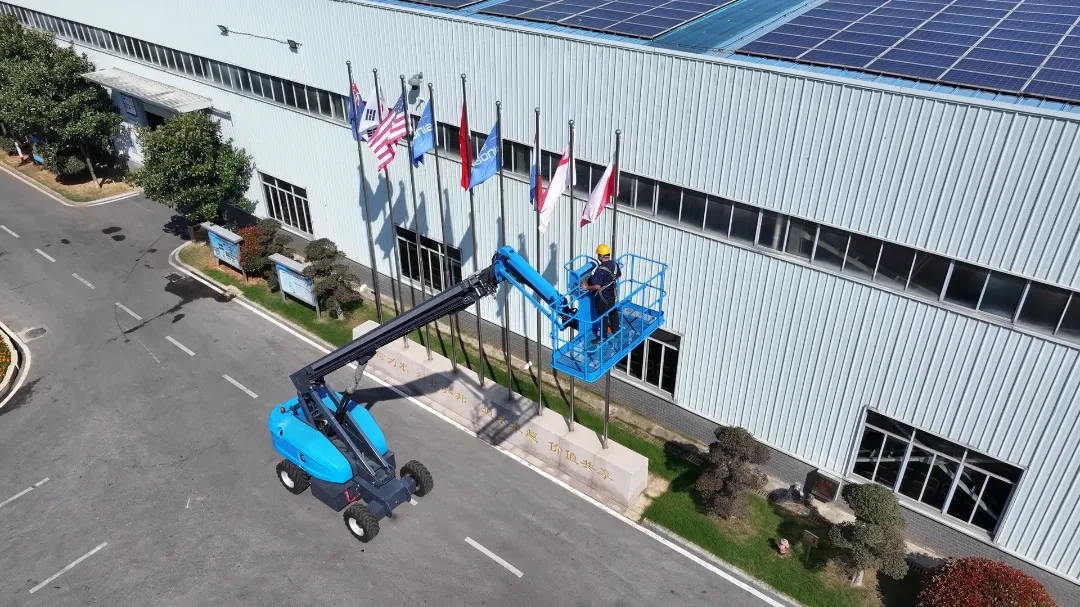
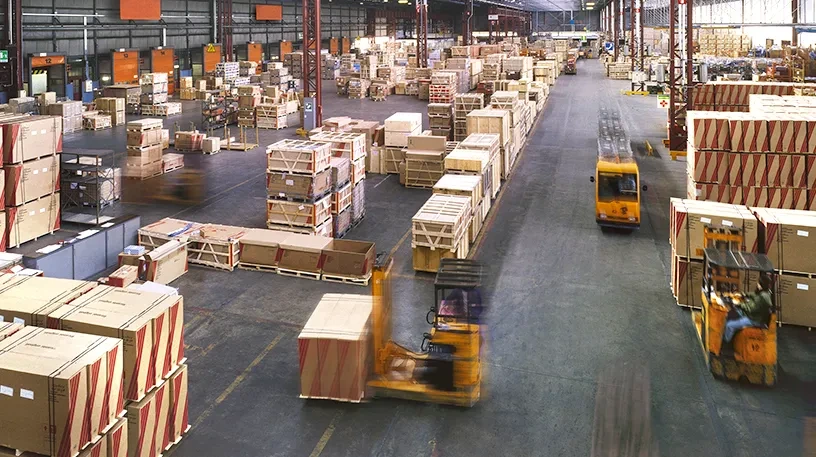




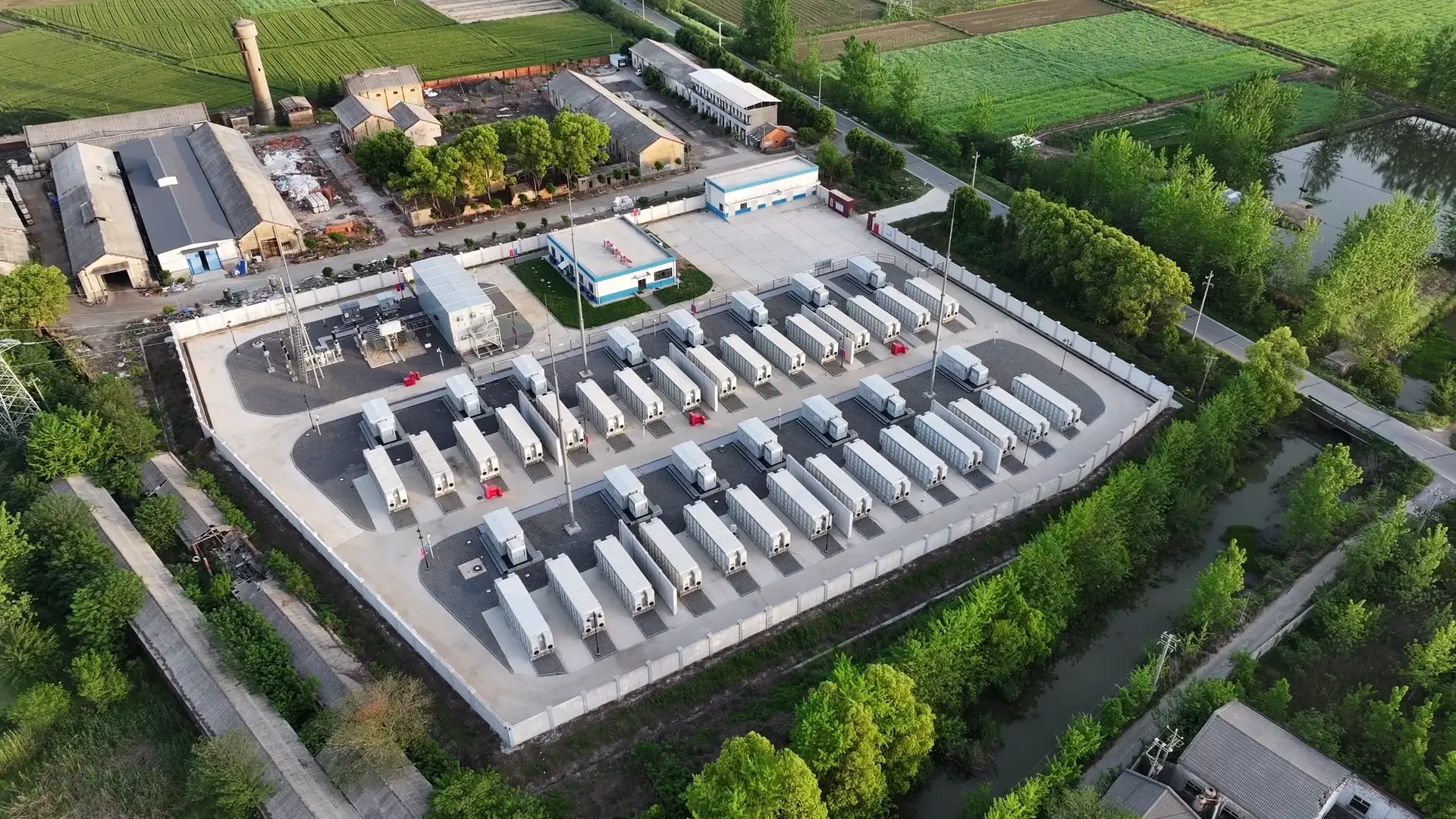



 2025-11-12
2025-11-12 Name
Name Tel
Tel Email
Email Country
Country Company
Company Information
Information